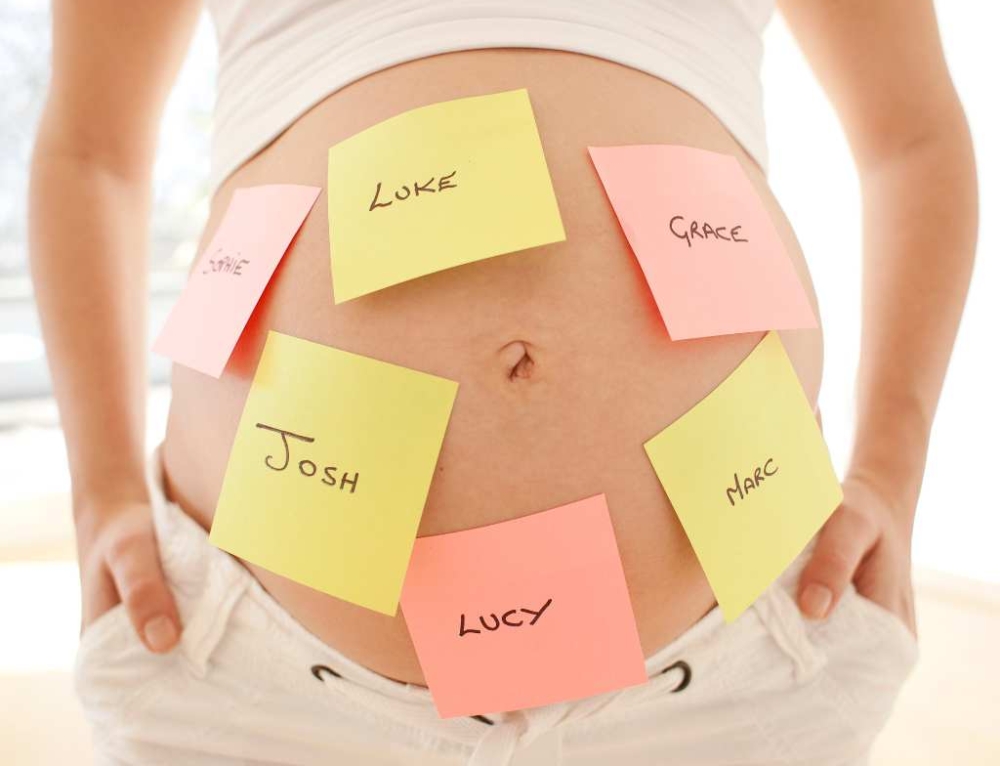Most pregnant women will receive confusing and conflicted advice about drinking alcohol during pregnancy.
While some people may say it’s ok to have one occasional drink, others will see it as an unnecessary risk.
Ministry of Health guidelines state that “there is no known safe level of alcohol use at any stage of pregnancy. This includes the time around conception”. This is because the brain and central nervous system develops continuously during the pregnancy.
So what are the risks?
Alcohol quickly travels through a woman’s bloodstream, crosses the placenta, and reaches the unborn baby, who breaks down alcohol more slowly than an adult and may end up with higher levels of blood alcohol than the mother.
There is no safe level of alcohol during pregnancy because an individual has different variations in metabolism.
Drinking endangers your growing baby in a number of ways: It increases the risk of miscarriage and stillbirth along with a low birth weight and raise your child’s risk for problems with learning, speech, attention span, language, and hyperactivity.
Foetal Alcohol Spectrum Disorder
Foetal Alcohol Spectrum Disorder (FASD) occurs, when the foetus is exposed to high levels of alcohol during pregnancy. Alcohol passes the placenta in the same concentration present in the maternal bloodstream. When this occurs, the foetus cannot remove the breakdown products of alcohol from their body. This greatly affects the baby’s tissues and organs. It is particularly damaging to the brain and spinal cord cells. It is estimated around 1800 children are born in New Zealand with FASD each year*.
Foetal alcohol syndrome does not only cause a single birth defect but a range of effects on the baby. It may range from mild to severe, and it is collectively called as foetal alcohol spectrum disorders or FASD. Infants with the disorder may have a characteristic facial deformity. This includes small eyes, a thin upper lip and an upturned nose. Heart defects, hearing and vision difficulties, and growth problems may also occur. Babies exposed to high levels of alcohol, may also have birth defects that involve parts of the body such as the bones and the urinary tract. It can also affect cognitive development that may result to mental retardation, delayed development and various abnormal behaviours like hyperactivity, short attention span, anxiety problems and poor impulse control.
If you had a drink or two before you knew you were pregnant, don’t panic. It’s not likely that it harmed your baby. The most important thing to focus on is staying as healthy as you can from now and that means swearing off alcohol for the rest of your pregnancy.
* Alcohol and Pregnancy: Evidence Summary 2019. Health Promotion Agency Te Hiringa Hauora







Leave A Comment
You must be logged in to post a comment.